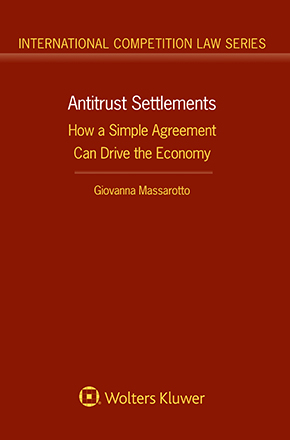
Navigating Antitrust and Competition Law: Ensuring Fair Market Practices
Antitrust and competition laws play a pivotal role in maintaining fair and competitive markets, safeguarding against monopolistic practices and fostering an environment that benefits consumers and businesses alike.
Foundations of Antitrust Laws
Understanding the foundations of antitrust laws is crucial. These laws aim to promote healthy competition, prevent anti-competitive behavior, and ensure that markets remain open and accessible. They are designed to protect consumers from unfair business practices and encourage innovation.
Prohibiting Monopolistic Practices
One key aspect of antitrust law is the prohibition of monopolistic practices. Monopolies can stifle competition, limit consumer choices, and lead to inflated prices. Antitrust laws aim to break up monopolies and prevent the abuse of market dominance, fostering an environment where multiple competitors can thrive.
Preventing Price Fixing and Collusion
Antitrust laws also target price-fixing and collusion among competitors. Price-fixing agreements harm consumers by artificially inflating prices and eliminating the benefits of a competitive market. Antitrust regulations actively work to prevent such agreements, ensuring fair pricing and a level playing field.
Mergers and Acquisitions Scrutiny
Examining mergers and acquisitions is another critical aspect of antitrust law. Authorities scrutinize these transactions to ensure they do not lead to monopolistic concentrations of power. This oversight helps maintain a diverse marketplace, preventing a handful of entities from dominating an entire industry.
Global Perspectives on Competition Law
Competition law extends beyond national borders. Understanding global perspectives on competition law is essential in the interconnected world of business. Harmonizing regulations across countries helps prevent businesses from exploiting differences in legal frameworks to engage in anti-competitive practices.
Technological Advancements and Antitrust Challenges
In the era of rapid technological advancements, antitrust laws face new challenges. The dominance of tech giants and their impact on competition require a nuanced approach. Antitrust authorities are adapting to address these challenges, ensuring that digital markets remain competitive and innovative.
Consumer Welfare and Antitrust Enforcement
At its core, antitrust law seeks to protect consumer welfare. Antitrust enforcement ensures that markets operate in a manner that benefits consumers by promoting competition, preventing price manipulation, and encouraging innovation. A robust antitrust framework is essential for maintaining a healthy economy.
Navigating Compliance and Legal Counsel
For businesses, navigating antitrust laws requires a proactive approach to compliance. Seeking legal counsel is paramount to understand the intricacies of these regulations and ensure that business practices align with the principles of fair competition. Establishing internal compliance measures is a proactive step in mitigating legal risks.
Evolution of Antitrust Enforcement
The landscape of antitrust enforcement continues to evolve. Governments and regulatory bodies adapt their approaches to address emerging challenges and changing market dynamics. Staying abreast of these developments is crucial for businesses aiming to navigate the complex terrain of antitrust regulations.
Antitrust and Competition Law: A Link to Fair Markets
In conclusion, the adherence to antitrust and competition laws is fundamental for fostering fair and competitive markets. For the latest insights and updates on Antitrust and competition law, explore resources that can guide businesses in ensuring compliance and promoting a marketplace that benefits both consumers and competitors.



